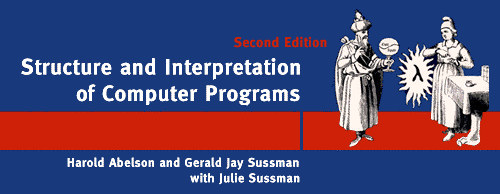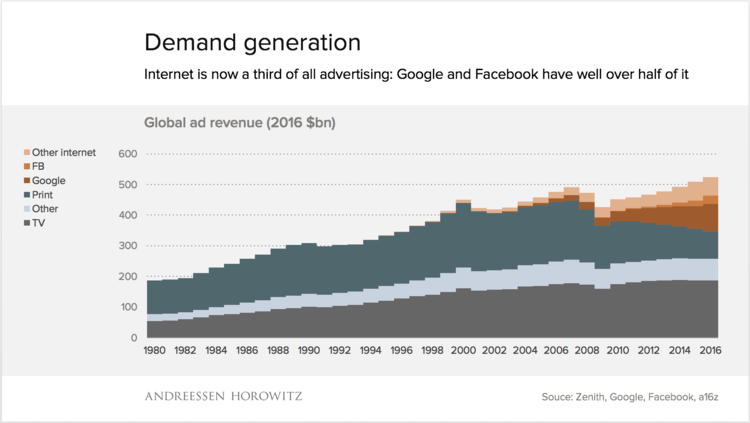The Structure and Interpretation of Computer Programs (SICP) is a classic computer science text written by Gerald Jay Sussman and Hal Abelson. It is widely known in the computer science community as the “wizard book”. It intends to teach the foundations of computer programming from “first principles”, illustrating programming language design using Scheme, a dialect of the Lisp language.

In this context, from Aug 26 – 31 2018, I am taking a “think week” to reflect on my relationship to computer programming.
I am spending this week in Chicago with David Beazley (@dabeaz), where we will be spelunking through the land of this famed SICP textbook via Racket, a modern functional programming environment one can use to program in — and even extend — Scheme and many other languages.
The course will also (of course) involve some Python. This will be a fun follow-up to an earlier course I took with Beazley in 2011, “Write a Compiler (in Python)”. I can’t believe I wrote the code for that course over 7 years ago.

Back in 2011, I took “Write a Compiler (in Python)” with David Beazley. A handful of long-time professional programmers and Pythonistas, locked in a room together for 5 days, hacking away on a Python compiler for a Go-like language. It was so much fun. It proved to me that I loved programming! I’m the one whose head is exploding on the left.
How I’m thinking about this course
I have long identified primarily as a computer programmer. I studied Computer Science at NYU, and I currently read about programming languages, paradigms, and design patterns all the time. I have read way more technical programming books than any other category or genre of book.
But, I’m also someone who is interested in the business of software, and leadership of software teams, in a sort of secondary way to my love of software itself. Business books — and particularly books about high-growth companies and their teams — make up my other big obsession. But, in the last several months, I’ve seen my relationship with software change in a number of ways.
Continue reading Expanding my mind, once more, with functional programming





